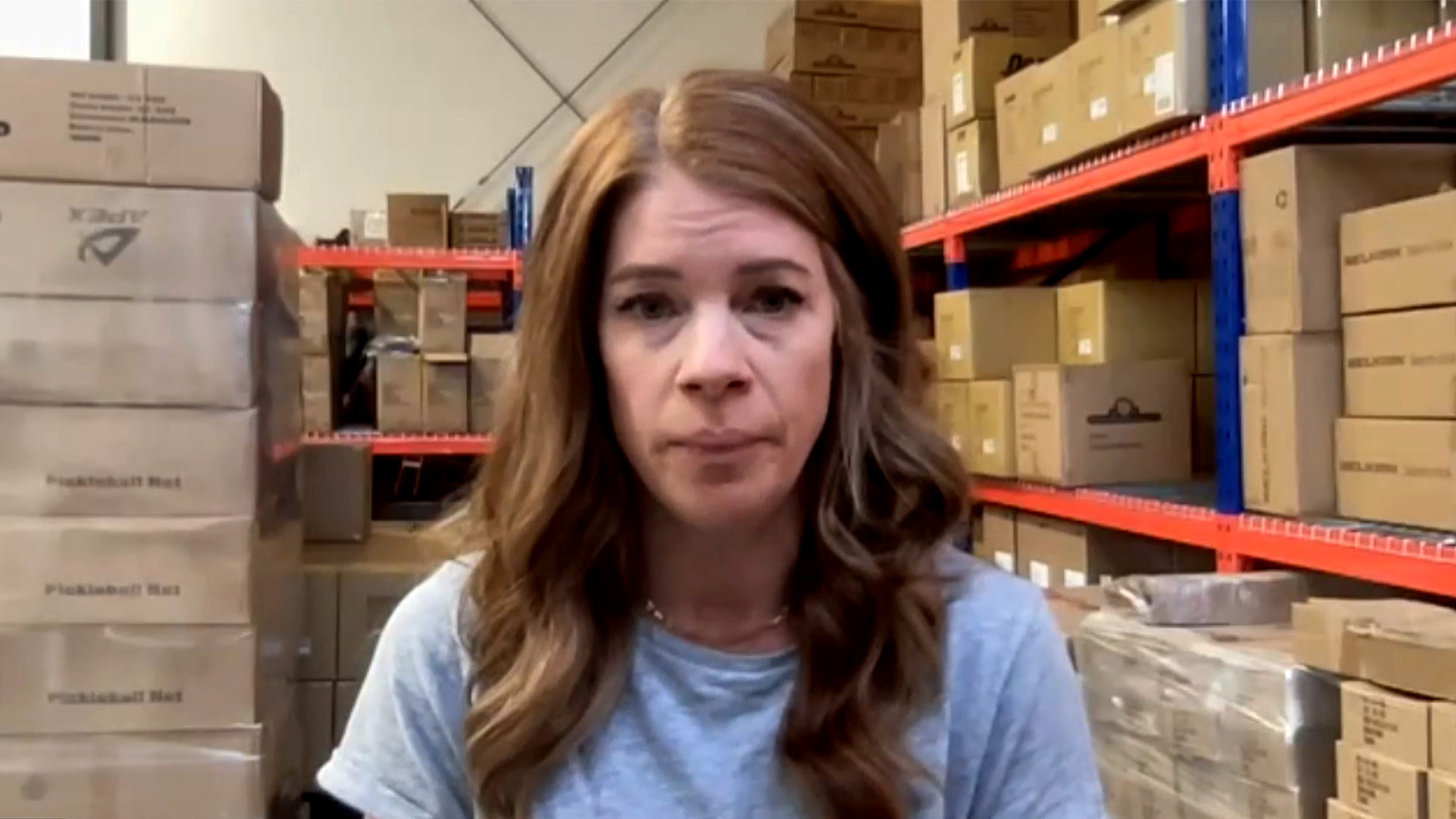Research from Deloitte suggests Canadians lack confidence in brands’ sustainability claims

While most consumers believe in rewarding companies that accurately deliver on their sustainability promises, a new study suggests their trust is lacking in brands’ “green” claims.
The report released Thursday by Deloitte Canada on creating value from sustainable products states that Canadians expect sustainable purchasing options and crave transparency regarding the claims brands make.
It found that by September 2021, nearly half of Canadian consumers had purchased at least one sustainably produced good or service in the past four weeks. But by March 2023, that figure had fallen to 37 percent.
While that 18-month period marked a period of high inflation, the study points to a lack of consumer confidence as another key factor. About 57 percent of Canadian consumers said they don’t believe most “green” or sustainable claims made by brands.
That seems to run counter to the perception of Canadian business leaders, 71 percent of whom said they believe the public has significant confidence in the authenticity of sustainability claims, along with 28 percent who think consumers have at least a moderate level of confidence in the authenticity of sustainability claims. to trust.
Joe Solly, a partner in Deloitte Canada’s risk consulting practice and national consumer leader for sustainability and climate change, said he was surprised by that “disconnection.”
“There is no level of standardization around communicating sustainability and related product claims and so it can be a bit the Wild West in that you can say almost anything you want about your product that you believe as a company is true . Solly said.
“But it is very difficult and confusing for consumers to understand, compare and contrast. And that leads to frustration and skepticism.”
Despite many consumers shrinking their wallets due to rising costs in recent years, 93 percent of respondents said they do not view sustainable products and goods as ‘just marketing’. More than 60 percent of respondents said they would be willing to pay a premium of $20 or more for green products if companies can prove their authenticity.
But the survey found that 46 percent of consumers are unwilling to pay extra for sustainable products due to a lack of brand clarity, reliability and authenticity.
“A good claim is one that embodies a number of different attributes,” Solly said.
“It’s rooted in a certain standard and focuses on regulations and has verification programs. It is endorsed by reputable organizations and regularly reviewed. When customers see some form of seal or certification…they trust more than just an arbitrary statement or claim on a product.”
Meanwhile, 41 percent of Canadian companies feel at risk of being accused of greenwashing — when companies mislead consumers into believing their products are environmentally friendly — if they pursue sustainability goals.
“Companies should be wary of potential greenwashing if they are not authentic, complete, transparent and represent features of the whole life cycle of a product, taking into account the ingredients and the sourcing and production and distribution,” said Solly.
“What happens in the end? Does it go to landfill or is it recycled? Will it be taken back? Companies need to be aware of the risks, but also of the opportunities.”
This report from The Canadian Press was first published on June 22, 2023.

;Resize=620)
;Resize=620)

